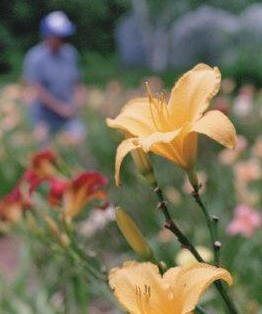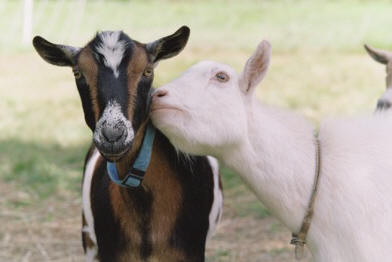Supporting Bolton Agriculture
From Apples: 
To Zinnias: 
Apple Country and More
Bolton can trace its rich agricultural heritage to Colonial times, when nearly every resident was engaged in farming. Cows, pigs, sheep, and horses dotted a landscape filled with hayfields and corn and - by the 1800s - apple orchards.
This bucolic scene changed throughout the country in the last century. As Bolton lost agricultural acres, it gained new residents, with both dramatic population growth and loss of farms in the last thirty years.
Yet our agricultural base remains strong and residents and visitors still affirm that “Bolton is Apple Country.”
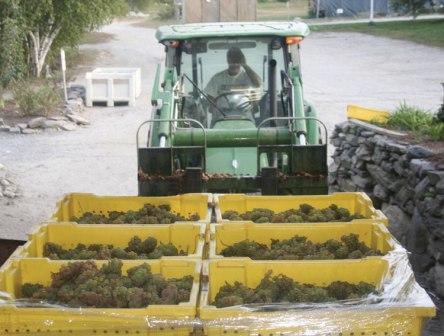
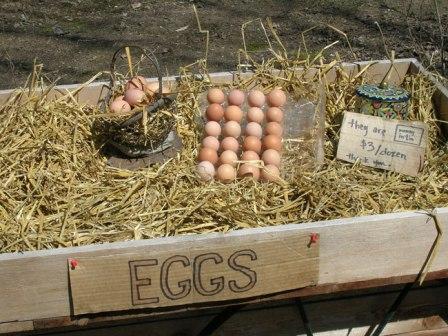
Both the lifestyle and the landscape continue to attract newcomers. Some come for a day to pick apples, select pumpkins or purchase local wines. Others move to Bolton for the chance to own acreage, keep animals, raise crops, or involve their children in 4-H clubs.
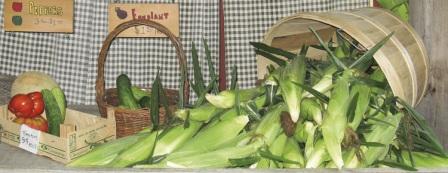
To conserve Bolton’s treasured country character, we need to do more than protect land: we must support current and future generations of farmers by buying local products and building under-standing between farmers and other residents.
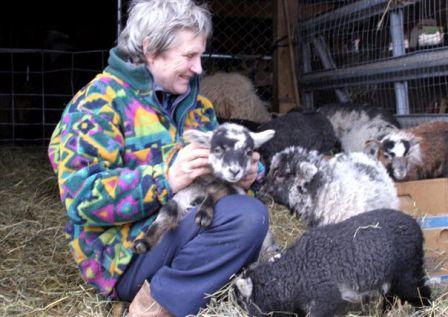
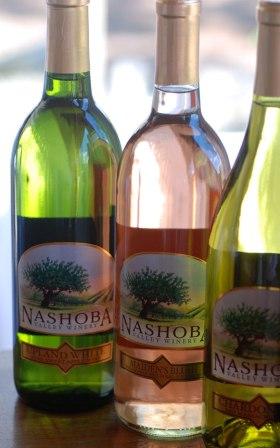
Farming benefits are varied
Farmers work long hours of hard physical labor, educate themselves about best practices and government regulations, and operate to take advantage of weather, markets, and land use. Our agricultural businesses must remain economically viable.
- Agricultural land adds to the beauty of Bolton.
- Farmland can serve as habitat for birds and animals.
- Agricultural land demands less in public services than developments and preserves real estate values.
- Local farm production reduces fossil fuel usage from shipping.
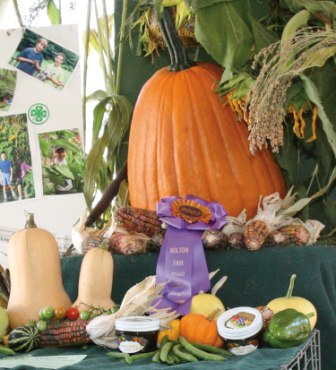

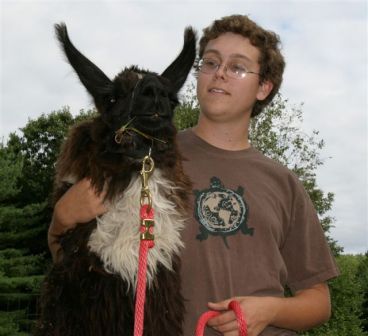
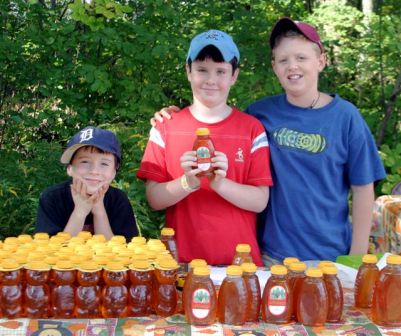
Support Bolton agriculture through these actions
- Buy Local Produce — When you buy locally, you support farm families, help preserve Bolton’s rural character, and give a boost to the local economy. Produce is fresh and healthy when you purchase near the source.
- Communicate — It is in the best interests of both farmers and non--farmers to be good neighbors. If you are planning a backyard event and live adjacent to a farm, speak to one another about timing. Work out solutions to other problems; put them in writing. Contact the Bolton Agricultural Commission if you cannot resolve a conflict through communication.
- Understand that Farming is a Business — Get to know your farming neighbors. While we are all responsible for being good neighbors, agricultural businesses must be good farmers to succeed. Noise, dust and odors are all part of a farming business.
- Watch Out for Farm Traffic — Farm vehicles are not built for speed. If you get behind a tractor, be patient and share the road, realizing that farm machinery is a necessary part of a serious business. Give the farmer a thumbs up to show your support for Bolton agriculture.
- Know that Farmers Use Best Management Practices — The state requires farmers to be trained, licensed, and current in proper pesticide use and storage. Farmers are decreasing pesticide use and improving water management when possible to reduce costs and labor and keep their crops and the environment healthy.
- Respect Private Property — A farm can look like a nice place to go for a walk or ride, but there can be hazards associated with a farm operation. Gain permission from the farmer first. Respect posted signs and gates.
- Help Agriculture Benefit Bolton — Farms provide a stable tax base at low cost. Support efforts to protect farms through land preservation programs such as the Agricultural Preservation Restriction (APR).
- Volunteer — The Bolton Agricultural Commission can always use volunteers to promote agriculture and protect our rural character. Check our website frequently for updates on Buy Local initiatives and Bolton agricultural news.
